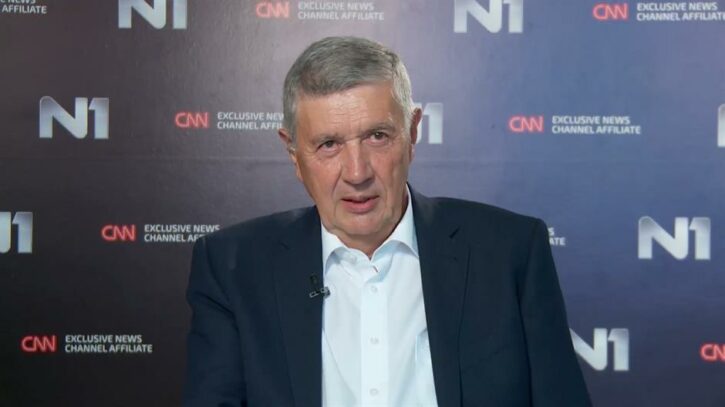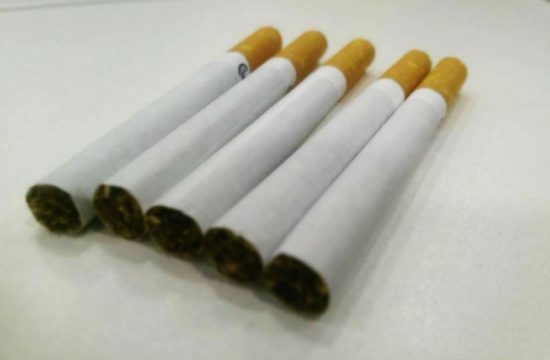
The party ruling in the Bosnian Serb half of the country and its opposition have renewed their pre-election spat over NATO, blaming each other of pushing the country toward NATO membership despite the animosity Bosnian Serbs feel toward the alliance.
NATO remains unpopular with Serbs in both Serbia and Republika Srpska since the alliance launched airstrikes against the Bosnian Serbs during the 1992-95 Bosnian war and against the Serbian military in 1999 during the conflict between Belgrade and ethnic Albanians in Kosovo.
The Alliance of Independent Social Democrats (SNSD), the party in power in Bosnia’s Serb-dominated part, said that the Bosnian Serb representative in the country’s Presidency, Mladen Ivanic, who is member of the opposition, was to blame for Bosnia moving closer to NATO membership.
“Ivanic’s latest statement following a meeting with the Secretary General of NATO clearly said that Bosnia and Herzegovina is heading toward NATO,” said SNSD member Nebojsa Radmanovic in a statement, adding that “all their (Alliance for Changes) activities” are concentrated toward hiding Ivanic’s involvement in this.
Ivanic’s side, however, said that it was Radmanovic who signed the formal request for membership at a time he was Bosnian Serb member of the Presidency.
But the SNSD said that the Alliance was twisting the truth in order to hide their obedience toward international officials because of whom they refused in 2017 to support a strategic document about the military neutrality of Republika Srpska, just like the one neighboring Serbia has adopted.
“As long as the decision on military neutrality is in place in Serbia, the RS will, together with Serbia, stay on that path,” an SNSD press release said on Wednesday.
Since the 2014 elections, the Alliance of Independent Social Democrats (SNSD), led by Milorad Dodik, has been in power in Republika Srpska, Bosnia’s semi-autonomous entity dominated by the country’s Serbs.
The Alliance for Changes, a coalition of Bosnian Serb parties won enough votes to represent Serbs at the state level in Sarajevo.
However, the two political groups are in fierce opposition and both are competing for votes at the upcoming general elections in October.




